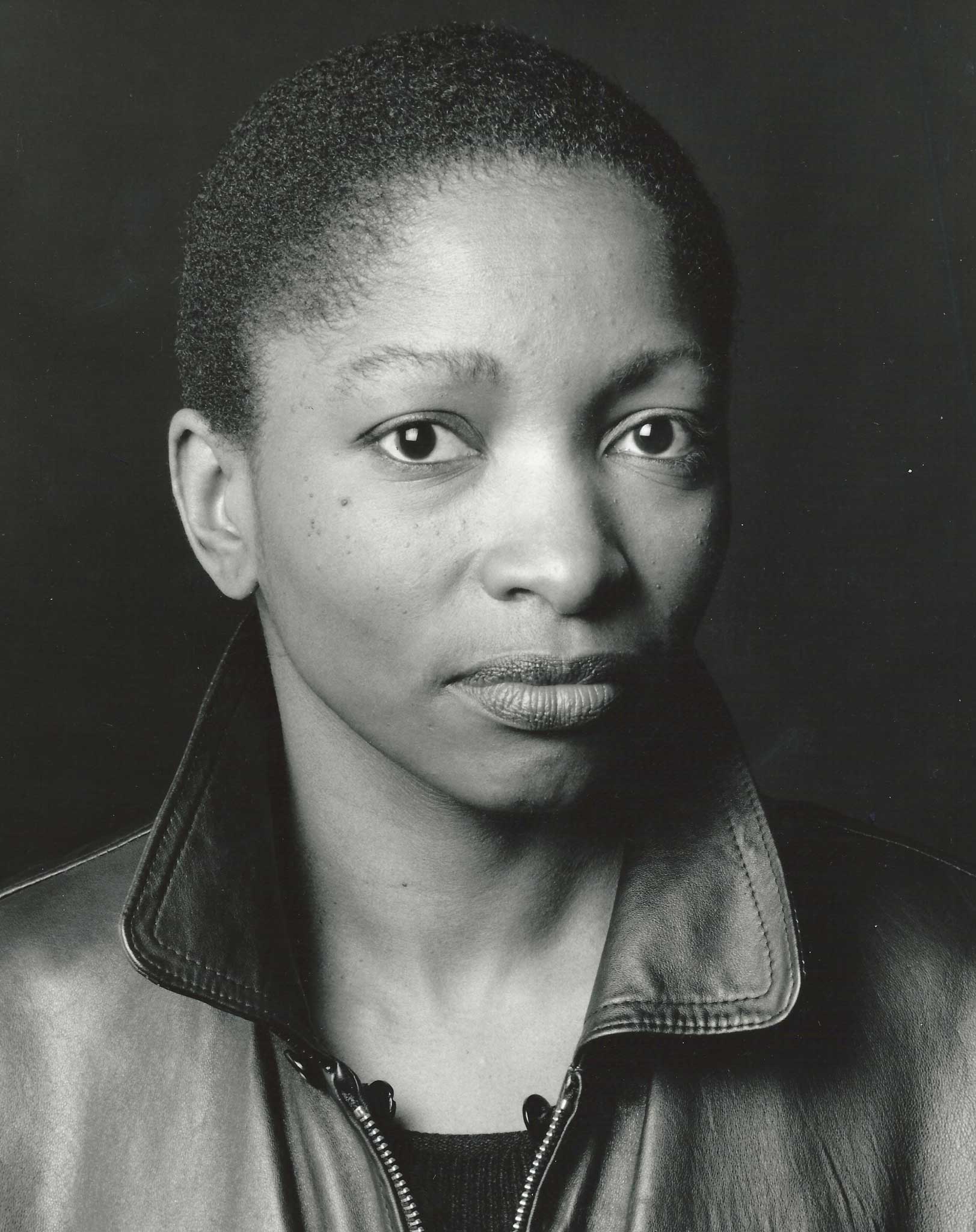A Parallel Life by Bonnie Greer, book review: An enchanting journey of true memory

Bonnie Greer, the American writer, will be familiar to viewers of the BBC current affairs programmes, Question Time and Newsnight Review, where she frequently appears as a contributor, and often the only person of colour. She is also a novelist and playwright, an OBE Officer and Chancellor of Kingston University.
Not bad for the daughter of a father who started out as a Mississippi sharecropper, and a mother of seven children who ended her working day at two in the morning only to start again three hours later, at five. This is Greer's first volume of her memoir which, thankfully, reads more truthfully than most because it doesn't attempt to recreate conversations of the past verbatim.
It begins long before her birth, actually, all 80,000 years earlier, to her DNA-tested roots in a branch of the human family tree called "haplogroup L3", the first modern humans to leave Africa. The memoir ends in 1978 as she approaches what she sees as the dreaded age of 30 when she will finally "join the battalion of adults in adulthood". This is a quirky and enchanting memoir in which Greer's wide-ranging intellect connects the personal with the national, especially with some of America's tragically defining moments. We learn a lot about her, but also a lot about being black in the United States.
We discover that Greer began menstruating very young, between the ages of eight and nine. Soon after came breasts, which frightened both her and her mother, "so Mamma hid me as best she could, and in time, I took over and hid myself". She talks about black women's bodies as a commodity, a breeding ground, "not their own". So black mothers were protective mother-bears when it came to their growing daughters and "strapped them down". In Chicago's South Side, where Greer grew up, "We were all children of black children of the Depression, most of them from the Deep South. People who knew terror". And perpetuated it. Greer's childhood bedroom adjoins an alleyway where at night she hears what sound like gang rapes. The child goes from extrovert to introvert.
Greer writes well about her complex relationship with her parents, and their complex relationship with each other. There is a beautiful sequence about her father, Ben Greer Jnr, who fought in the Second World War's "Battle of the Bulge" but was denied greater opportunities after, never achieving his potential. Greer becomes politically active in the civil unrest of the Sixties and Seventies, where she finds and loses lovers, as well as gay friends, eventually to Aids. The writing that began as a child becomes a profession and her first play is produced in 1978.
Greer describes memory as "an assembly of competing minstrels", and hers darts all over – characters and situations zipping in and out, not always chronologically but perhaps more true to the truth of memory. Her narrative carries the reader along with its musicality and often jazzy sentences. We can hear Greer speaking and slip into her rhythms. Music, history, culture, politics, travel, she takes us on quite a journey. In 1967 she was honoured with the accolade, Best Conversationalist, in her high school graduating year. It's easy to see why.
Join our commenting forum
Join thought-provoking conversations, follow other Independent readers and see their replies
Comments